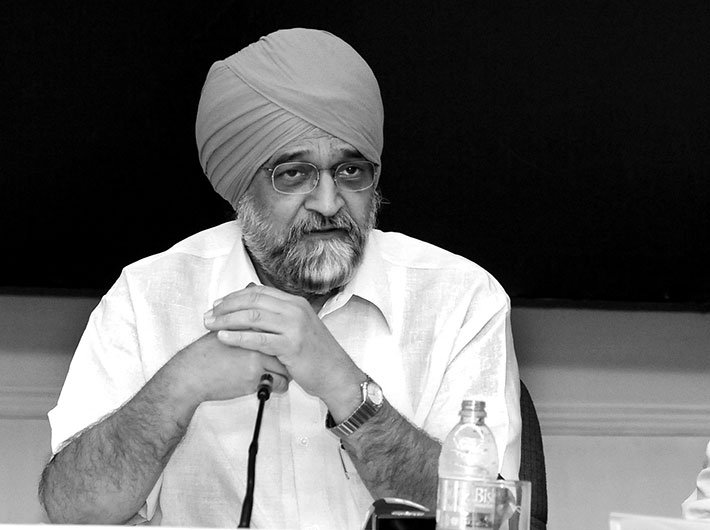There had been quite a lot of internal rethinking on policy, but no real changes had been made. Dr Manmohan Singh used the opportunity of the crisis to push structural reform, said Montek Singh Ahluwalia
“The crisis was really severe. No one younger than 45 can imagine what it was like. We had run out of foreign exchange, the rating agencies had downgraded us and imports had to be squeezed so severely that GDP growth dropped to 1.4 percent in 1991-92,” said Montek Singh Ahluwalia who was commerce secretary at the time of the 1991 budget that triggered economic reforms.
In an exclusive interview that appears in the special edition of Governance Now to mark 25 years of economic reforms, Ahluwalia said that Narasimha Rao decided to have a technocrat as finance minister and Dr Manmohan Singh went into action remarkably quickly.
“But Dr Singh didn’t just act to control the crisis. He rightly chose to pursue structural reforms, without which the economy would never be able to grow rapidly. Most people have no idea what an absurd control system we were running, with the government interfering in all sorts of decisions which were better left to the private sector responding to the market.
“There had been quite a lot of internal rethinking on policy, but no real changes had been made. Dr Singh used the opportunity of the crisis to push structural reform. One cannot say there was consensus on reforms. The left was bitterly opposed and many in the political class had doubts. But the technocracy was convinced and the government persevered and the country benefited from that,” said Ahluwalia.
On the key points of his 1990 paper that drafted a blueprint of reforms, Ahluwalia said that VP Singh was the prime minister and he asked him to write a paper outlining the policy changes we needed, “so I put together my views on issues we had been discussing internally and which I had hoped to put before Rajiv Gandhi had he been re-elected. The paper was discussed in the Committee of Secretaries. It was controversial and leaked and was published in the Financial Express and was often referred to as the ‘M Document’.”
“To summarise, the paper proposed bringing the fiscal deficit under control which is of course a standard mantra, but it also recommended a new approach to industrial policy, trade policy, MRTP relaxation, public sector reform and FDI policy. Taken together it was a fairly comprehensive agenda and it scared many people. But one year later, the reforms in 1991 actually did more. “
Ahluwalia has an abiding memory of July 3 meeting between finance minister Manmohan Singh and commerce minister P Chidambaram that firmed up basic trade policy changes – a key component of reforms.
“The whole thing was agreed in one meeting between commerce minister Chidambaram and Manmohan Singh on July 3. We made our case (I was the commerce secretary at that time), the finance ministry officials were not in favour, but Dr Singh overruled them. Two hours later we had all the papers ready, and went with Dr Singh to see prime minister Narasimha Rao. Chidambaram explained what we wanted to do, the PM just asked Dr Singh whether he agreed, and when Dr Singh said he had signed the file, the PM just took the file and signed. The deed was done.
“No groups of officials, no GoMs, even the PMO was not actively involved. Trade policy was pretty fundamentally restructured in about 10 hours! I always felt it demonstrated that the Indian system could work if ministers understood what was involved and directly sorted out issues. Had the same proposal been moved “on file” I bet it would have got stuck somewhere. The lesson is we need much faster decision making with less shuffling of files and ministers taking responsibility.”
To read the full interview click
here

